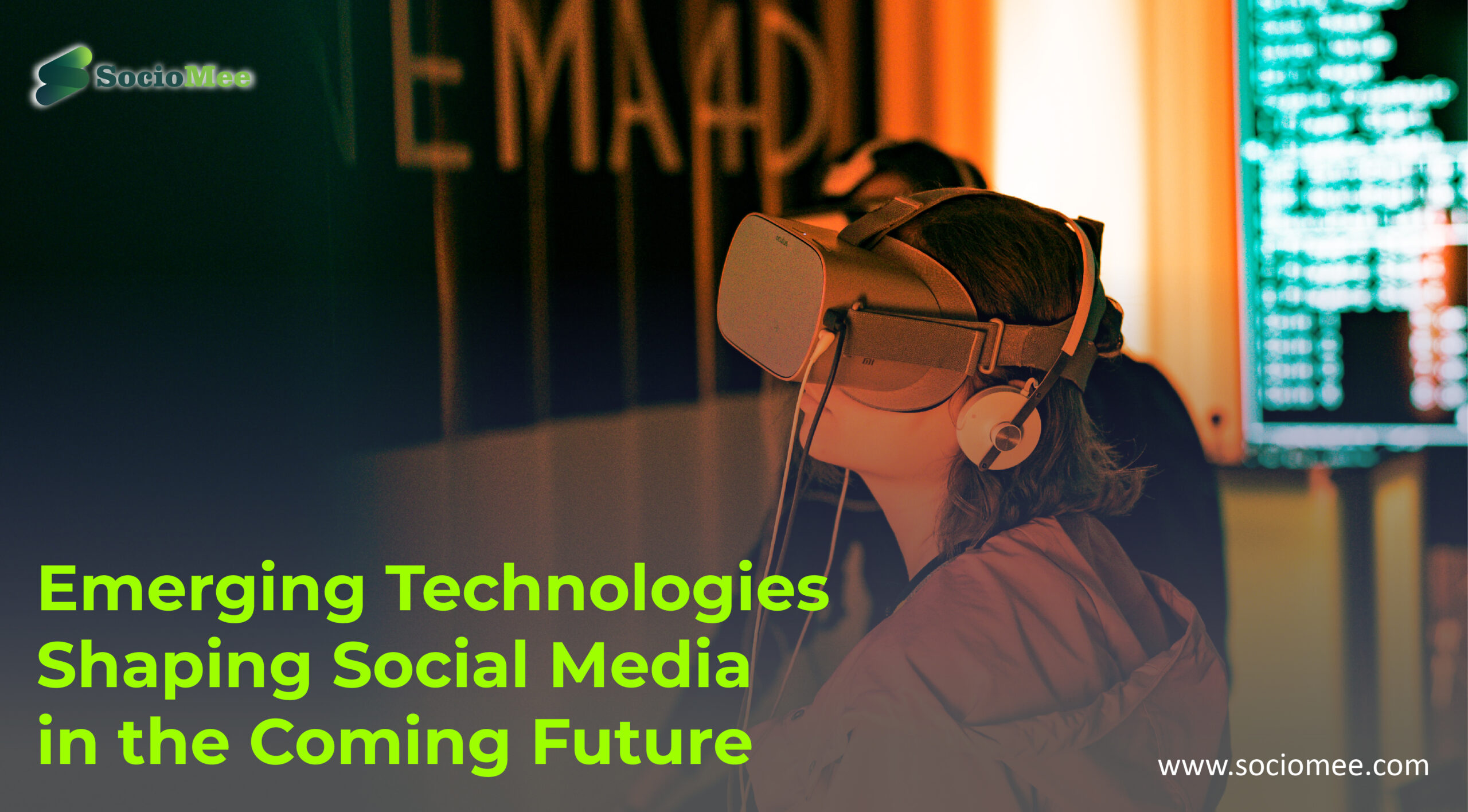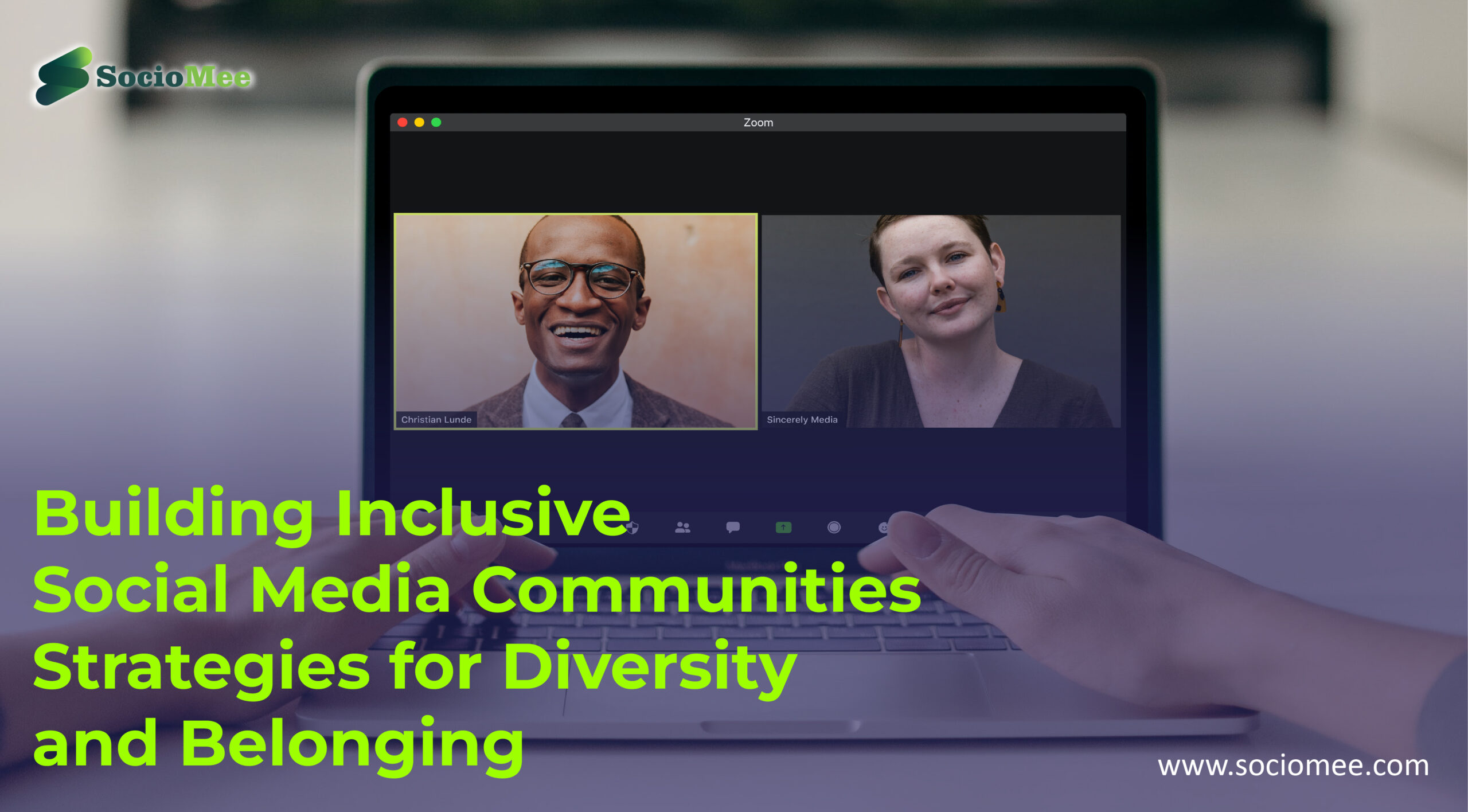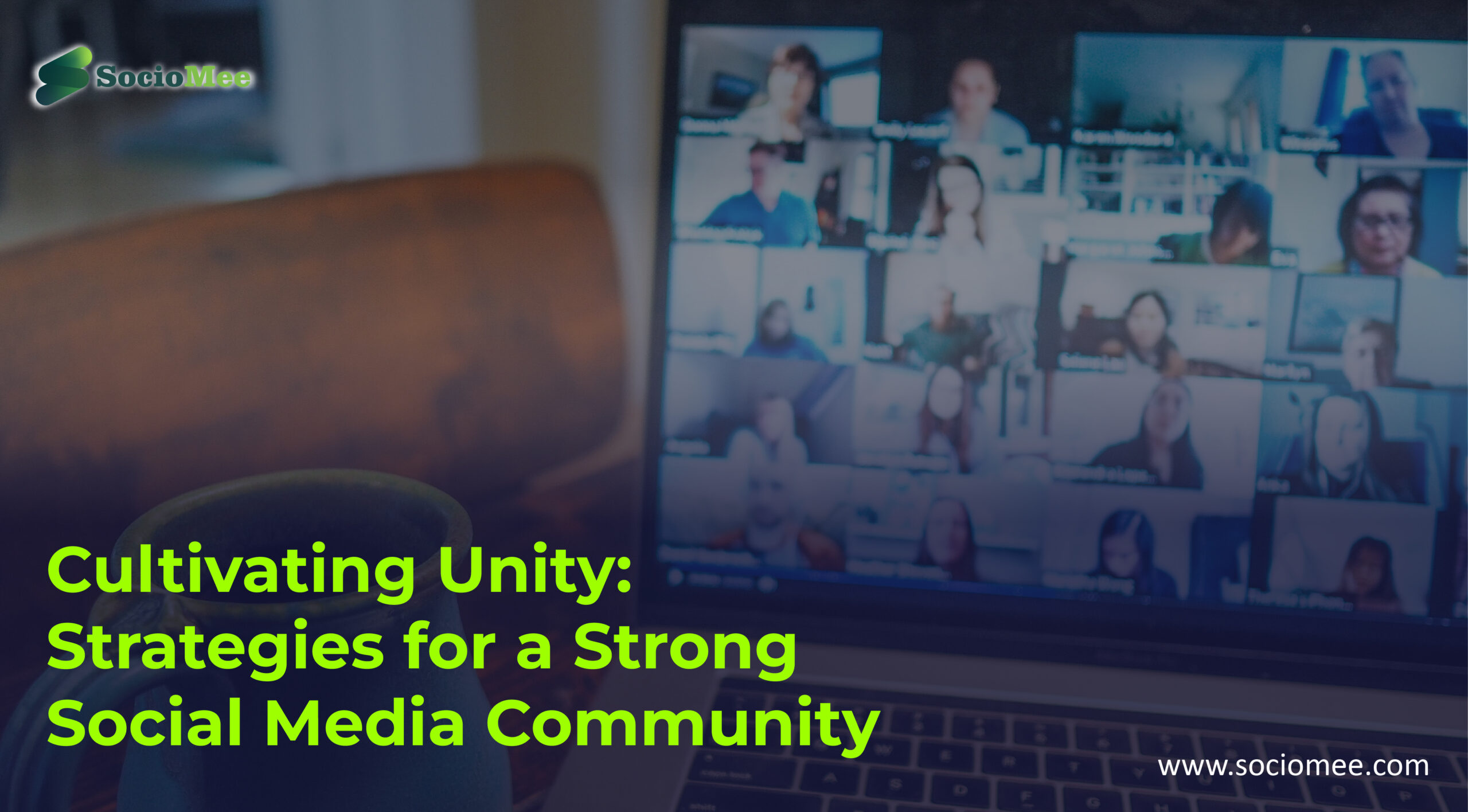As the members of Generation Z become more active online, they are reshaping the digital landscape with their unique habits and preferences. By 2023, Gen Z’s online time habits are expected to impact the digital landscape in a positive way, as this group of digital natives continue to adopt, modify and create new technologies that can improve the way people interact and engage with the internet.
In this article, we will explore how Gen Z’s online time habits are changing the digital landscape positively in 2023 and the potential implications it has for businesses, organisations and individuals.
#1. How Gen Z’s online habits are contributing to a more personalised online experience
Generation Z, the cohort of young people born between the mid-1990s and early 2000s, are one of the most tech-savvy generations yet. As they grow up, Gen Z’s online habits are having an increasingly profound effect on the digital landscape. With their use of social media and digital technologies, Gen Z is helping to create a more personalised online experience.
Gen Z’s tech-savviness has enabled them to quickly become familiar with the latest trends in digital technology. This has allowed them to become more comfortable with and adept at using these technologies, allowing them to create and customize their own unique digital experiences. Gen Z’s use of social media, in particular, has enabled them to cultivate individualized online personas, allowing them to express themselves in ways that are meaningful to them. Through their use of social media, Gen Z is able to curate and customize the content they consume, creating a more personalised online experience.
Moreover, Gen Z’s online habits have also enabled businesses to better understand and respond to the needs of their customers. Companies have started to leverage the data generated by Gen Z’s online activity to provide a more personalized experience to their customers. For example, businesses are using artificial intelligence to analyse customer data and create more tailored product and service offerings, as well as targeted marketing campaigns.
As Gen Z continues to shape the digital landscape, it is clear that their online habits are contributing to a more personalised online experience. Through their tech-savviness and use of social media, Gen Z is helping to create an online world that is unique to them and responsive to their needs.
Connect with new world
#2. The impact of Gen Z’s online presence on the rise of interactive and engaging content
The rise of generation Z has had a tremendous impact on how content is consumed and interacted with online. Generation Z, born between 1995 and 2010, are the first true digital natives, having grown up with technology and social media as an integral part of their lives. They are no strangers to the power of the internet and its potential for engaging content.
As Gen Z continues to grow up and become a major part of the online audience, their presence is having a positive impact on the rise of interactive and engaging content. Gen Z’s familiarity and comfort with technology has enabled them to create and consume content in ways that were unheard of a few years ago.
For example, the use of live streaming, video content, and virtual reality have all seen an uptick in popularity due to the influence of Gen Z. This generation is also more likely to seek out interactive content, such as interactive videos, mini-games, and other interactive experiences. By creating content that is engaging and interactive, brands are able to capture the attention of Gen Z and keep them engaged longer.
In addition, Gen Z’s penchant for creating content has led to the rise of user-generated content, which often comes in the form of short videos, vlogs, and podcasts. This type of content is often more relatable and real, which is what Gen Z looks for in content.Finally, the rise of Gen Z has also had a positive impact on the development of social media marketing. Gen Z is the first generation to truly understand the power of social media and how to effectively use it to reach their target audience. They are more likely to share content that they find interesting and engaging and are more likely to engage with brands that they like.
The influence of Gen Z on the rise of interactive and engaging content is undeniable. As their presence on the internet continues to grow, it’s important for brands to stay up-to-date with the latest trends in content creation and to create content that is truly engaging and interactive. If brands can do this, they’ll be able to capture the attention of Gen Z and keep them engaged for longer.
#3. The impact of Gen Z’s online habits on the use of AI and machine learning to improve user experiences
As Generation Z joins the workforce and becomes the largest generation to enter the job market, their online habits and preferences are having a major impact on the way businesses use Artificial Intelligence (AI) and Machine Learning (ML) to improve user experiences. As more members of this generation become increasingly comfortable with technology, they are relying on AI and ML to make their online experiences easier and more efficient.
- AI and ML have become a vital tool for businesses to understand consumer preferences and create better user experiences. Companies are using AI and ML to collect and analyze data on user behavior, such as buying patterns and browsing history, to create personalized experiences for customers. AI-based recommendation engines, for example, enable businesses to suggest relevant products to customers based on their past purchases.
- Generation Z’s online habits have also led to an increased use of AI and ML in marketing and advertising. Businesses are leveraging AI and ML to reach members of Generation Z, who are more likely to be influenced by online content and advertisements. AI-based algorithms can identify target audiences and deliver personalized ads to them, increasing the chance of conversion.
- Finally, Generation Z’s online habits have driven the development of voice-controlled AI assistants. These assistants use Natural Language Processing (NLP) to understand and respond to user commands, making complex tasks easier and more efficient. For example, AI assistants can be used to control smart home devices, order products online, or set reminders.
Generation Z continues to drive the use of AI and ML, businesses will need to stay on top of the latest trends and technologies in order to provide their customers with the best possible experiences. AI and ML are becoming increasingly important tools for businesses to understand their customers and deliver better user experiences.
#4. How Gen Z’s online habits are driving the growth of digital platforms and services
As the world continues to move further into the digital age, Gen Z’s online habits are helping to drive the growth of digital platforms and services.
Gen Z is the first generation of digital natives, meaning they have grown up surrounded by technology and are always connected to the internet. This generation of digital natives is more comfortable with digital tools and platforms than previous generations, and they are driving the growth of digital platforms and services.Gen Z’s online habits are providing digital platforms and services with a large and growing customer base. Gen Z’s have embraced streaming services and social media, and they are increasingly using digital tools to shop, find jobs, and even access education.
Gen Z’s also have a strong influence on the development of new digital platforms and services. This generation is highly engaged with the platforms and services they use, providing feedback, offering suggestions for improvement, and demanding new features. This feedback and demand provides digital platforms and services with an invaluable source of insight and information that can be used to improve and expand the platforms. Gen Z’s online habits are also helping to drive the growth of digital advertising and marketing. This generation is highly engaged with online content, making them a target market for digital marketing campaigns. Furthermore, Gen Z’s are more likely to support brands that advertise on digital platforms, making them an attractive customer base for digital marketers.
Gen Z’s online habits are driving the growth of digital platforms and services, making them a vital part of the digital economy. This generation’s willingness to embrace new digital tools and platforms and their engagement with digital content make them an invaluable customer base for digital platforms and services. Furthermore, their feedback and demand provide digital platforms and services with invaluable insight that can be used to improve and expand the platforms.
Connect with new social community
#5. The role of Gen Z’s online habits in creating a more secure digital world
As the Generation Z population grows, so does their online presence and the potential for them to have a positive impact on digital security. While young people are often seen as tech-savvy and more likely to take risks online, Gen Zers’ unique online habits can actually help create a more secure digital world.
- Firstly, Gen Zers are more likely to adopt strong passwords and use two-factor authentication. This is because they are more aware of the potential risks of online security and know that the best way to protect their data is to use longer, more complex passwords and two-factor authentication.
- Secondly, Gen Zers are more likely to be aware of the potential dangers of malware, phishing, and other cyber threats. They are also more likely to take steps to protect themselves, such as using a secure browser, avoiding malicious sites, and backing up their data.
- Finally, Gen Zers are more likely to take part in online communities and forums, which can help to spread awareness of cyber threats and help others stay safe online. By engaging in conversations with their peers, Gen Zers can help educate others on the importance of digital security and create a more secure digital world.
Gen Zers’ online habits have the potential to create a more secure digital world by increasing awareness of potential cyber threats, encouraging the use of strong passwords and two-factor authentication, and engaging in online conversations. By taking these steps, Gen Zers can help create a safer digital world for everyone.
#6. The impact of Gen Z’s online habits on the rise of new digital payment methods
The rise of Generation Z, also known as Gen Z, has had a major impact on the way digital payments are used. This generation is heavily reliant on digital technology to make purchases, and this has had a significant effect on the development of new digital payment methods. Gen Z is the most digitally-savvy generation to date, and this has had a direct impact on their online habits. They are more likely to use digital payment methods such as mobile wallets, contactless cards, and cryptocurrency than any other generation. As a result, these payment methods have experienced rapid growth, and more companies are offering them as payment options.
Gen Z’s preference for digital payment methods is also having an effect on how companies design their payment systems. Companies are increasingly looking to make their payment systems more user-friendly, as Gen Z consumers are more likely to use digital payment methods that are easy to use and secure. This has led to the development of new payment technologies such as facial recognition and voice-activated payments, which further streamlines the payment process.
Finally, Gen Z’s online habits have led to an increase in the use of digital payment methods for everyday purchases. The convenience of these methods has made them increasingly popular, and Gen Z consumers are more likely to use them than any other generation. This has also led to an increase in the number of merchants that accept digital payments, as more companies recognize the value of offering these payment options.
#7. The role of Gen Z’s online habits in driving the growth of the digital economy
Gen Z is the most tech-savvy generation yet, and their online habits are playing an increasingly important role in driving the growth of the digital economy. Gen Z’s online habits are characterised by near-constant connectivity, an affinity for digital content and platforms, and a willingness to share personal information in exchange for convenience and access to information.
The most notable way Gen Z’s online habits are driving the growth of the digital economy is through their increased consumption of digital content. Gen Z’s have an affinity for consuming digital content, from streaming movies and television shows to playing online video games. This increased consumption of digital content has led to the growth of streaming services, video game platforms, and other digital content outlets.
Gen Z’s also embrace social media, which has become an integral part of their lives. Social media platforms are becoming increasingly important for businesses to engage with their audiences. As Gen Z’s continue to use social media platforms, businesses are finding new ways to reach and engage with their target audiences. Gen Z’s also have a willingness to share personal information in exchange for convenience and access to information. This willingness to share personal data has driven the growth of data-driven marketing and personalization, which has become an essential part of the digital economy.
Gen Z’s online habits are playing a major role in driving the growth of the digital economy. From increased consumption of digital content to their embrace of social media and willingness to share personal information, Gen Z’s are helping to shape the future of the digital economy.
Conclusion
In conclusion, Gen Z’s online habits will have a profound impact on the digital landscape by 2023. Gen Z’s use of digital technology has been heavily influenced by their upbringing and their need for instant gratification. They are drawn to visually engaging content, quick communication, and a preference for peer-to-peer interaction. As a result, the digital landscape in 2023 will be characterised by more interactive content, shorter attention spans, and greater emphasis on mobile technology.
The positive changes to come by 2023 include an increase in personalised content, more interactive experiences, and a shift towards more collaborative tools and platforms. Companies will need to adjust their content strategies to appeal to Gen Z, who is used to more engaging content and shorter attention spans. Gen Z will also drive the development of more innovative platforms, as they are eager to experiment with new technologies.









